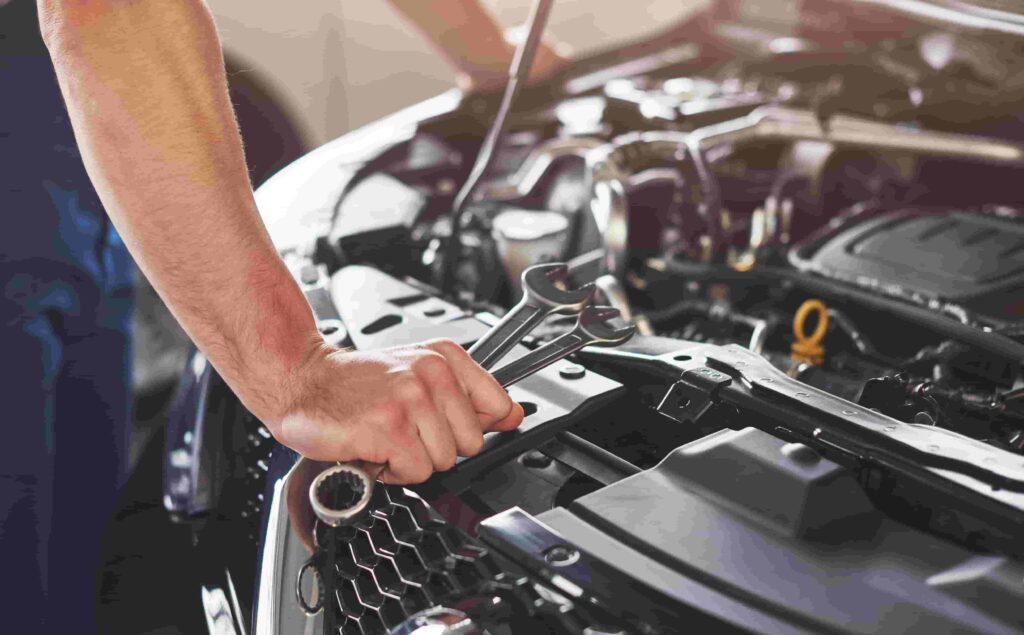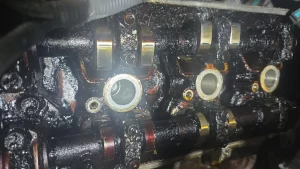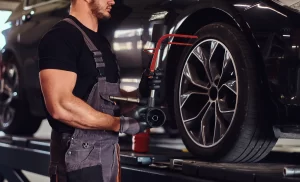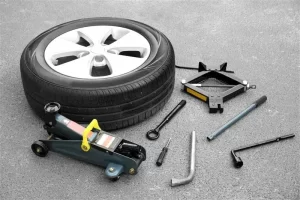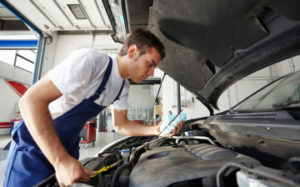Regular car maintenance is one of the most essential aspects of vehicle ownership. It ensures that your car remains in optimal condition, extends its lifespan, and improves safety. Neglecting regular upkeep can lead to costly repairs, decreased performance, and potential safety hazards. This comprehensive guide by Sai Car Repair in Adelaide will explore the importance of regular car maintenance, delve into its many benefits, and offer practical tips to keep your vehicle running smoothly.
The Basics of Regular Car Maintenance
Understanding the basics of car maintenance is the first step toward ensuring the longevity and reliability of your vehicle. Let’s dive into the key components:
What Is Regular Car Maintenance?
Regular car maintenance involves routine checks, servicing, and replacing parts to ensure your vehicle performs efficiently. This includes tasks such as:
- Oil changes
- Brake inspections
- Tyre rotations
- Engine tune-ups
- Fluid checks and top-ups
Why Is Regular Car Maintenance Important?
Maintaining your vehicle regularly helps prevent unexpected breakdowns, enhances fuel efficiency, and ensures safety. For instance, a well-maintained engine reduces emissions and improves overall performance.
Benefits of Regular Car Maintenance
The advantages of regular car maintenance extend beyond just keeping your car in good shape. Here are the primary benefits:
Increases Safety
A poorly maintained car can pose serious safety risks. For example, worn-out brake pads or tyres can compromise your ability to stop effectively. Regular inspections can identify potential hazards before they become critical.
Enhances Fuel Efficiency
A vehicle that undergoes regular servicing will consume fuel more efficiently. Clean filters, properly inflated tyres, and timely oil changes improve mileage.
Reduces Repair Costs
Routine maintenance can catch minor issues early before they escalate into major problems. Addressing a small oil leak or replacing worn-out parts can save you from costly repairs.
Extends Vehicle Lifespan
By keeping every component of your car in optimal condition, you’re effectively extending its usable life. Regular maintenance ensures that your engine, transmission, and other critical parts remain functional for years.
Improves Resale Value
A car with a complete maintenance history will command a higher resale value. Prospective buyers are more likely to invest in a well-cared-for vehicle.
Key Components of Regular Car Maintenance
To understand why regular car maintenance is necessary, knowing the components involved is essential. Here are some crucial aspects:
Engine Maintenance
Your engine is the heart of your vehicle. Regular oil changes, spark plug replacements, and air filter cleaning are vital for maintaining engine health.
Tire Care
Tires should be inspected regularly for tread wear and proper inflation. Rotating your tyres periodically helps distribute wear evenly and extends their lifespan.
Brake System
Faulty brakes can lead to dangerous situations. Regularly checking brake pads, rotors, and fluid ensures adequate stopping power.
Battery Maintenance
Car batteries require routine checks to avoid unexpected breakdowns. Clean terminals and ensure the battery is adequately charged.
Fluid Levels
Maintaining optimal fluid levels, from engine oil to transmission fluid, is critical for smooth vehicle operation. Regularly top up or replace fluids as needed.
Common Consequences of Ignoring Car Maintenance
Failing to maintain your car regularly can result in severe consequences, including:
Unexpected Breakdowns
Neglected vehicles are more prone to sudden failures, leaving you stranded on the road.
Costly Repairs
Ignoring minor issues can lead to significant, expensive repairs. For instance, an unchecked coolant leak can result in engine overheating and damage.
Reduced Performance
A poorly maintained car may experience sluggish acceleration, reduced fuel efficiency, and poor handling.
Safety Hazards
Worn-out tyres, malfunctioning brakes, or faulty lights can increase the risk of accidents.
How Regular Maintenance Saves Money
Preventative Care
Regular maintenance acts as preventative care for your car, catching minor problems early before they become expensive repairs. For example, replacing a timing belt before it breaks can save you from costly engine damage.
Better Fuel Economy
Properly inflated tires and clean air filters contribute to improved gas mileage, reducing your fuel expenses.
Tips for Effective Car Maintenance
To ensure that your car remains in top condition, follow these practical tips:
Follow the Manufacturer’s Schedule
Adhere to the maintenance schedule outlined in your car’s owner’s manual. This schedule is designed to optimize performance and longevity.
Conduct Monthly Checks
Perform basic checks at least once a month, including tire pressure, fluid levels, and lights.
Keep a Maintenance Log
Maintaining a detailed record of your car’s service history helps you stay on top of necessary tasks and increases resale value.
Conclusion
In conclusion, regular car maintenance is not just about running your vehicle; it’s about safety, cost-efficiency, and longevity. By prioritizing routine upkeep, you’re investing in a smoother, safer driving experience and protecting your car’s value. Remember, neglecting maintenance today could lead to significant expenses tomorrow. Take the necessary steps to keep your vehicle in shape and enjoy worry-free driving for years.

